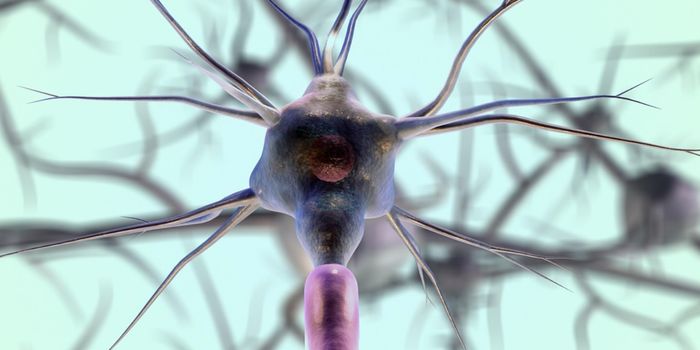While it’s not true in some areas, when it comes to brains, size does matter. Not just ordinary size, but the size of a creature’s brain in relation to its body size.
It’s been the subject of some debate.
While recent research shows that, in humans, exercise can help prevent shrinkage of brain tissue, there hasn’t been any hard science to definitively connect brain size with intelligence. Yet many species have evolved to have larger brains compared to their body size, so why would that happen, if size doesn’t present some kind of intellectual advantage?
There might be a new insight in research from the Department of Zoology and Physiology at the University of Wyoming. Their study, recently published, indicated there is some connection between brain size in mammalian carnivores and their ability to solve somewhat complex problems.
Sarah Benson-Amram, an assistant professor at the university, is the lead author on a
new paper that tracked 140 animals from 39 different mammalian carnivore species that resided in zoos around the country and gauged their ability to problem solve.
The species analyzed in the study included polar bears, tigers, arctic foxes, wolves, river otters and spotted hyenas. In addition, some more rare and exotic species were included, with the authors looking at binturongs, snow leopards and wolverines.
The task was the same for each animal. There was a closed metal box with food inside. To get the food, the animals had to operate a bolt latch in order for the door to open and make the food accessible. Each animal was given 30 minutes to complete the task. The food in each box was specific to the animal’s favorites. While a snow leopard likes steak, spotted hyenas prefer rats, mice or rabbits.
In the end, it was the species that had larger brains in relation to their body size that were quicker at getting the food than their smaller-brained zoo mates.
In a press release from the University of Wyoming, Prof. Benson-Amram said, “This study offers a rare look at problem solving in carnivores, and the results provide important support for the claim that brain size reflects an animal’s problem-solving abilities -- and enhance our understanding of why larger brains evolved in some species.”
Her co-author Ben Dantzer, an assistant professor at the University of Michigan, further stated, “Overall, 35 percent of animals (49 individuals from 23 species) were successful in solving the problem. The bears were the most successful, solving the problem almost 70 percent of the time. Meerkats and mongooses were the least successful, with no individuals from their species solving the problem.”
The study results also showed that manual dexterity did not affect the results, that larger animals were not as quick as smaller animals at getting the food and that group size did not influence the success of any certain species. The “
social brain hypothesis” says that animals who live in large groups will evolve to be more intelligent, but this paper did not show that to be true in the animals they studied. To learn more, check out the video below.









